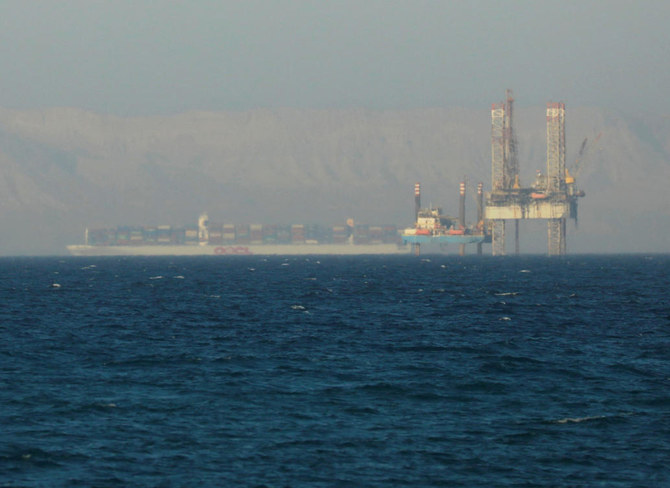
Iran’s Revolutionary Guards Chief-Commander Major General Mohammad Ali Jafari announced on Thursday the body’s decision to reinforce forces in Iraq and Syria.
Backing the announcement, Supreme Leader representative Ali Saidi said regional developments have weighed in significantly to Tehran’s benefit, especially in shifting its Middle East strategy away from conventional warfare.
However, both leaders denied Iran was taking on a negative role in the region.
Jafari told an audience of students at Revolutionary Guard-affiliated universities that the broad outlines of his forces’ approach, on both external and internal levels, is part of the role played in "guarding the regime".
The military chief also highlighted the role Iran actively plays in five Arab countries: Lebanon, Iraq, Syria, Yemen and Palestine, calling for consolidating the victories of the Iranian axis in the region.
Jafari also said that “victory in Yemen is near," referring to coup forces as an extension of the Iranian revolution, Iran-based ISNA news agency reported.
At the end of November, Jafari revealed Irans unbound support for Houthi militias in Yemen. However, he said that the support was limited to an "advisory role."
Iran has labeled its presence in each of Syria and Iraq as “advisory” as well.
Jafari implicitly linked regional developments and Iranian internal events, saying that "despite the problems facing Iran, it remains in a good standing abroad."
He said that the Iranian regime is facing threats on cultural, political and economic levels, stressing the need to rehabilitate universities to face “threats”.
"Today we have overcome security and defense threats, but that does not mean there are no threats," he said.
Jafari implicitly referred to the widening rift between the Iranian President Hassan Rouhani’s reformist approach and Tehran conservatives, who look to Iranian Supreme Leader Ali Khamenei for ultimate guidance.
Conservatives in Iran continue to fear Western cultural impact on the public, calling it a “soft” threat in terms of it not being a direct act of war, but still a threat to the Revolutionary Guards’ authority.
He also vaguely criticized Rouhani, pointing out that some officials seek to "appease others, especially when they need votes," describing it as "the reason for not making the right decisions in the country."
In a related context, Supreme Leader Representative Saidi said regional equations changed in favor of Iran after “growing resistance forces spread across the region.”
According to Saidi, the Revolutionary Guards has successfully shifted the status quo from the notion of waging balanced wars to “asymmetric” and proxy wars—tilting the table to its benefit. He said that “Hezbollah’s” war with Israel was a result of this shift.
“Asymmetric” war is a military strategy which capitalizes on the strength gap between warring parties, and highly relies on forming paramilitary gangs and militias to fight organized armies.
Saidi claimed that the region is witnessing a war between the “holy” and the “satanic”—with the "sacred" being a coalition consisting of Iran and pro-Iranian groups, such as “Hezbollah” and Afghan and Fatimid militias, as well as Iraqi and Syrian groups.












